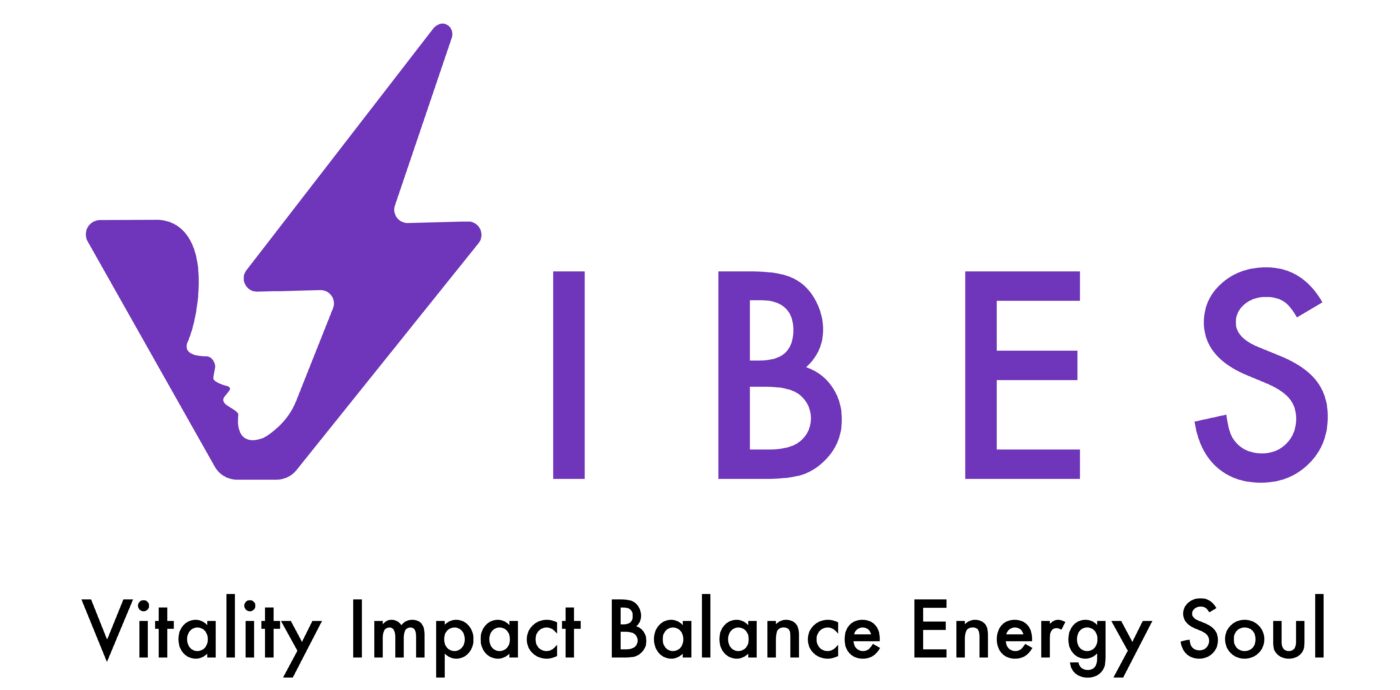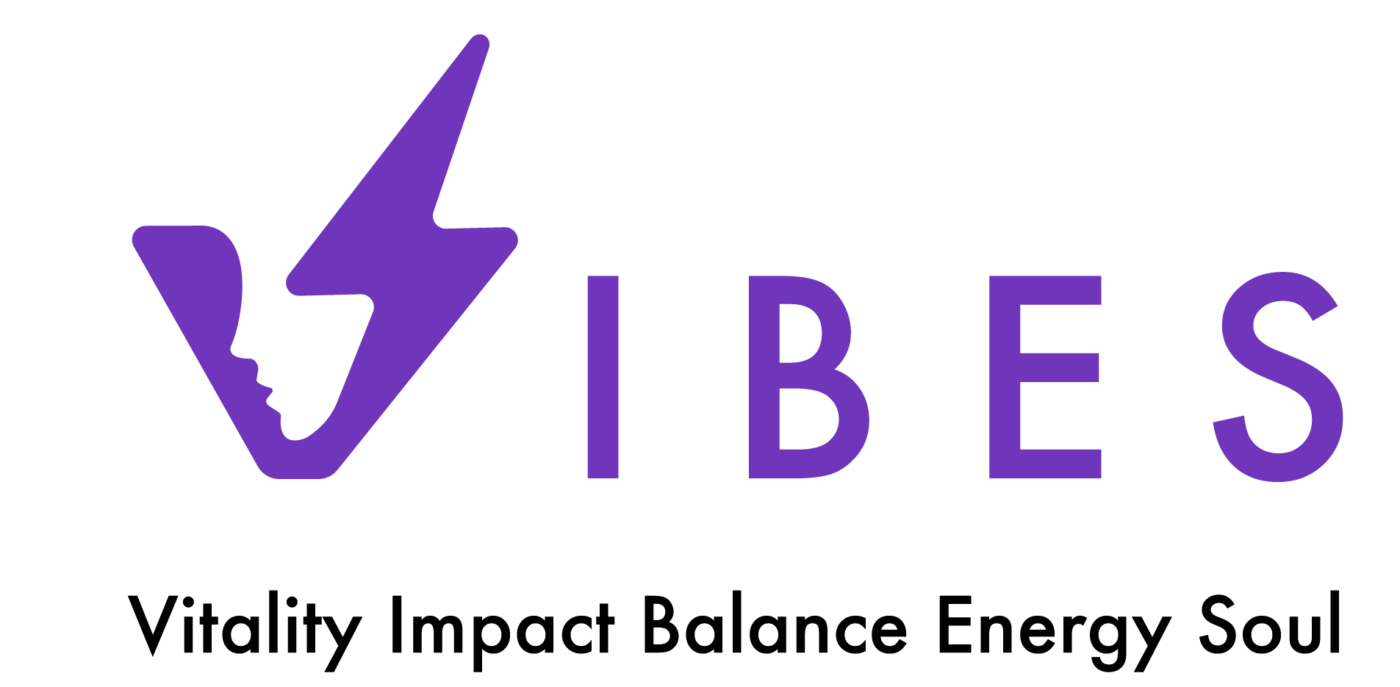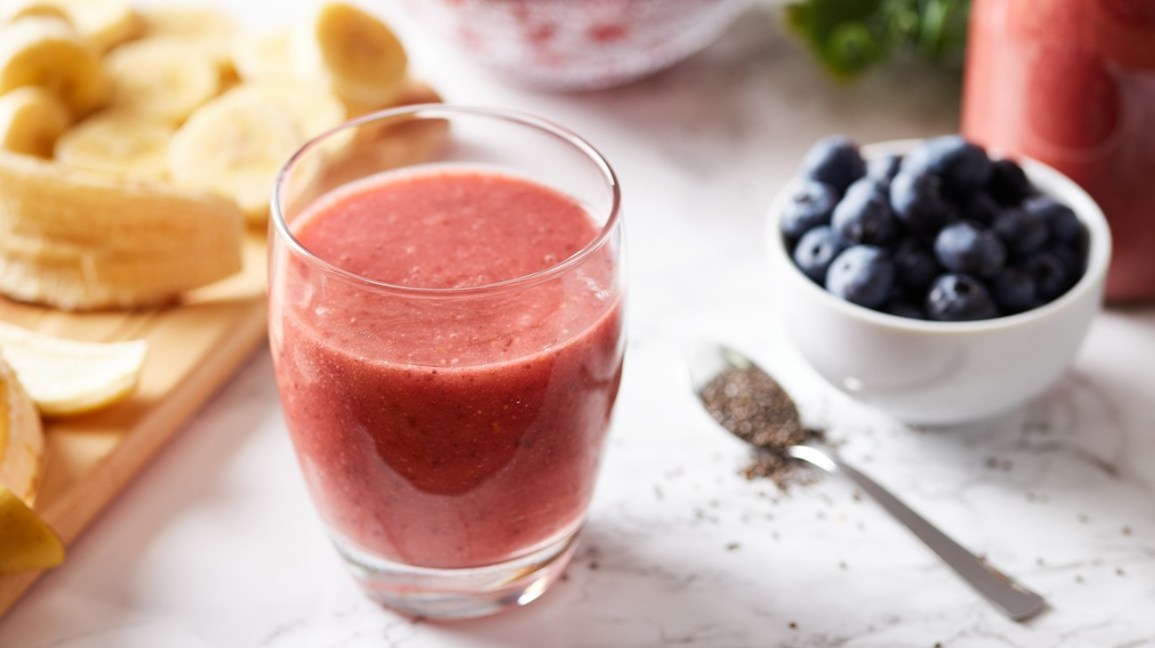Almost every one of us who has slightly dabbled in physical fitness or exercise would have heard the saying
“Abs are not made at the gym but the kitchen”
#myvibes #myvibesapp #health #wellbeing #balance #harmony
Fitness Republic (2016) https://wwws.fitnessrepublic.com/fitness/exercises/cardio-workouts-for-abs.html
This statement has so far been proven true for what you eat influences everything from muscle building to mass gaining and also fat loss. For one to get the best out of your workout, the food you consume before and after meals is crucial. If not, the process will be slowed down or halted completely and who would want that!
Our daily diet sets the scope for our energy level, spiritual, emotional and mental wellbeing. Simple sugars cause reactionary swings in blood glucose and insulin levels. About 20 – 40 minutes after consuming simple carbohydrates, falling blood sugar levels increase our levels of tiredness. Neural processing is delayed and sluggish. The ability to act intuitively and proactively is impaired. Worst of all, our creativity levels deteriorate.
Muscles consume more than 70% of our caloric intake. It is therefore no shock that our workouts and exercise routines are directly linked to our gut. An intestinal tract that is dragging blood away from skeletal muscles, hinders the muscle’s ability to perform at an optimal level. Avoiding the blood glucose swings should be a consideration in our pre-exercise meals.
Pre-workout meals
As we discussed previously, both pre and post-workout meals play an equally important role in the process of achieving one’s fitness goals. Let’s talk a bit more about pre-workout meals first, that comes first, doesn’t it!
Workout on nothing
It might sound a tad bit strange, but for those who have tried intermittent fasting, it is perfectly logical and fits into their nutrition goals. There has been a fear associated with working out on an empty stomach and losing muscle. This stems from the mindset that there is an absence of fuel to power your workout but we disagree and with reason. Working out on an empty stomach will enable you to gain muscle while burning body fat.
· Fasting results in a significant increase in human growth hormone (HGH). A fast lasting as long as 24 hours has shown to double HGH levels and a 48 hour period can increase it up to 5 times. HGH boosts recovery and muscle growth and lets you hit those weights faster with less soreness.
- Studies have shown that men who consumed their daily calorie intake within 8 hours for 8 weeks consecutively lost more body fat while not losing any muscle!
- Intermittent fasting tends to put the human body into fat-burning mode and when combined with working out, this results in faster fat burning.
- Research also suggests that fasting is better at preserving muscle than normal daily calorie restriction.
Drink Coffee
Caffeine has proven to be a workout enhancement that increases focus and energy. It increases mental alertness, memory and performance. Additionally, caffeine increases the speed of metabolism, Increasing the rate of burning fat. Tres Dean in the October 2018 issue of Men’s Health Magazine (MensHealth.com) says that you can get your heart rate buzzing like on fancy pre-workout by just drinking coffee.
Hitting the gym or exercise routine while hitting the peak of caffeine absorption will guarantee a much better session than your usual. For maximum effect, consuming a cup of coffee roughly 45 minutes before working out would be perfect.
Protein
Some of us prefer a full meal before we hit the gym or engage in daily exercise. Even though we discussed the benefits of working out on an empty stomach previously, we will be looking into how consuming the right meal can be beneficial too.
Protein consumption before working out has proven to increase muscle protein synthesis and result in a better anabolic response (Muscle growth). This is directly related to the increase of strength and lean muscle mass. So a few extra grams of protein before hitting the gym might not be too bad after all.
Post-workout meals
The food consumed after exercise is as important as your pre-workout meal. It helps you start the recovery process and be ready for the next workout session.
Eating the right amount of protein, carbohydrates, vitamins and minerals in the perfect combination helps speed the process of rebuilding the muscle proteins that get damaged during workouts and also restore depleted energy reserves.
Carbohydrates
Consuming carbohydrates post-workout helps restore the used glycogen stores of our bodies. The glycogen is used depending on workout intensity. Thus for those of us who engage in endurance testing exercises, more glycogen is needed post-workout.
Consuming 1.5 grams per kilogram of body weight in a window of 30 minutes post-workout will enable proper glycogen resynthesis. Additionally, the consumption of protein and carbohydrates at the same time stimulates insulin secretion which in turn promotes glycogen synthesis.
Carbohydrate rich foods (Carbs per 100g),
- Oatmeal – 67 grams in Quaker Instant Oatmeal
- White Rice – 37 grams
- Sweet potatoes – 23 grams (Mashed)
- Whole grain bread – 41 grams
- Whole-grain cereal – 43 Grams
Protein
Working out and exercising causes the breakdown of muscle protein. The amount of breakdown depends on the intensity of exercise. It’s crucial to consume an adequate amount of protein after exerting your body to rebuild muscle. It is advised that you consume 0.3-.0.5 grams of protein per kilo of body weight soon after working out.
Protein rich foods (Carbs per 100g),
- Chicken – 32.8 grams
- Beef – 26.4 grams
- Fresh Tuna – 25.7 grams
- Eggs – 13g
- Soy – 12.5 g
- Quinoa – 12 grams
Fruit
Exercise drains our body’s glucose stores. Regaining the energy lost during workouts can be quite challenging. Especially after an intense workout or cardio. Consuming fruits post-workout can aid muscle recovery and aid with replenishing the bodies energy stores. Fruits also contain necessary nutrients like fibre, vitamin c and antioxidants.
- Bananas – Rich in potassium, Fibre (Rich in Soluble Fibre), Moderates blood sugar levels.
- Kiwi – Packed with antioxidants and anti-inflammatory characteristics. Rich in potassium, Kiwi skin is a source of vitamin C and vitamin E.
- Watermelon – Aids with hydration, COntains 1- citrulline an amino acid that reduces muscle soreness, contains potassium.


